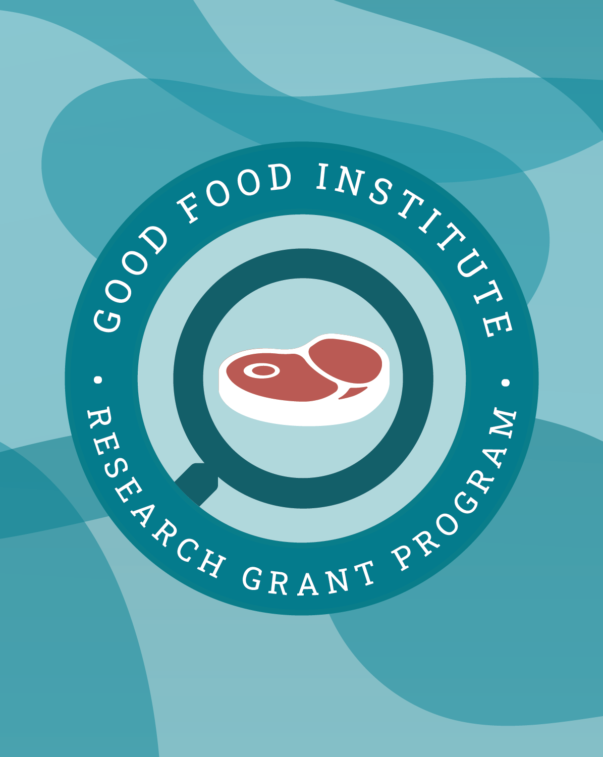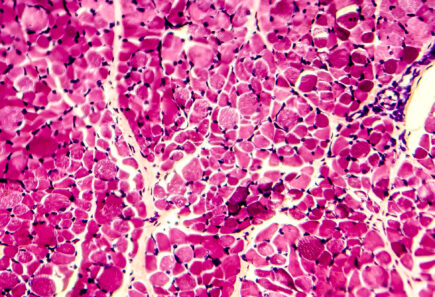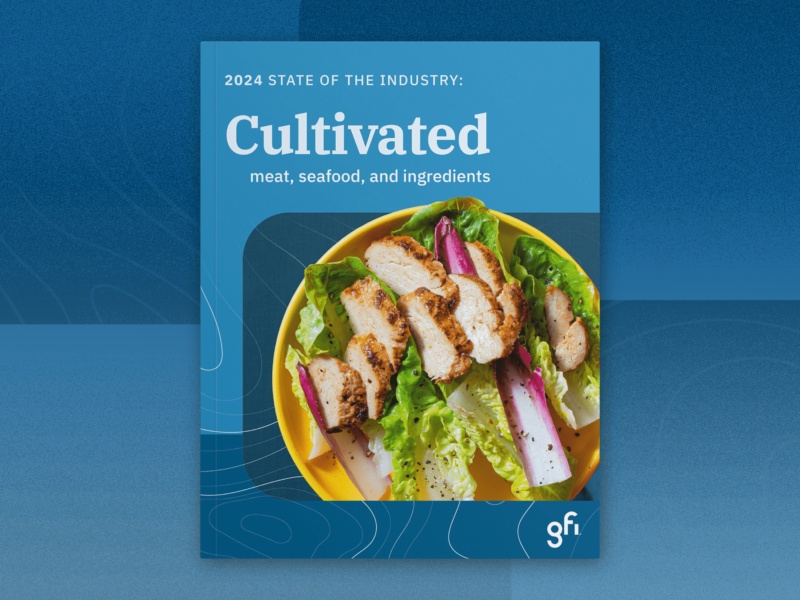Project aims
This project will work to translate scalable processes for high-volume tissue fabrication from the biomedical field to cultivated meat production. It will also develop a scaffold-free method for producing large volumes of thick cultivated meat. Ultimately, it will help develop a scalable platform technology to enable biomanufacturing of cultivated meat at large volumes and affordable prices.
Principal researcher

Dr. Yuguo “Leo” Lei
Associate professor, Penn State University, USA
Dr. Lei has experience with large-scale cell biomanufacturing, mesenchymal stem cell therapy, cancer immunotherapies, and combinatorial biotherapeutics. His expertise is in developing next-generation cell culture and tissue fabrication technologies at various scales and costs. He is the faculty director of the Sartoris Mammalian Cell Culture Facility.

Page
Research grants
Learn about cutting-edge alternative protein research funded by GFI. Find funding opportunities for your own research.
View related grant projects

Integrating sensors into bioreactors
GFI grantees Dr. Ivana Gadjanski and Dr. Vasa Radonic are integrating sensors into bioreactors for cultivated meat production.

Assembling organoids into meat
Learn about Dr. Iftach Nachman’s research to assemble skeletal muscle organoid building blocks into thick whole-cuts at Tel Aviv University.

Diversifying cultivated meats
Learn about Dr. Kelly Schultz’s research to develop hybrid scaffolds for cultivated meat structuring, nutrient sensing, and scaleup at Lehigh University.

Making fibrous cultivated meat
Learn about Dr. Mohamadmahdi Samandari’s research to integrate intramuscular fat and textural fibers into cultivated meat at University of Connecticut.
Explore research opportunities
-
Cultivated
High-performance oxygen carriers for cultivated meat
Mammalian cell culture performance can be limited by oxygen and carbon dioxide levels or by shear stress associated with sparging and mixing. The use of protein-based oxygen carriers could help…
-
Cultivated
Developing scalable, fit-for-purpose bioreactor and bioprocessing technologies for cultivated meat
Optimizing bioreactor and bioprocessing technologies for the needs of the cultivated meat industry has the potential to substantially reduce the cost of cultivated meat production. Innovations in cultivated meat bioprocessing…
-
Cultivated
Scaffolds and structural approaches to optimize fat distribution and content in cultivated meat
The inclusion of fat and marbling in cultivated meat is likely to increase its flavor, texture, and consumer appeal. Structural approaches using edible microcarriers, hydrogels, and 3D bioprinting present promising…
Check out related resources

State of the Industry: Cultivated meat, seafood, and ingredients
This report details the commercial landscape, investments, regulatory developments, and scientific progress in the cultivated meat and seafood industry.

Solutions Database
Explore startup ideas, commercial opportunities, research projects, and investment priorities throughout the alternative protein supply chain.

